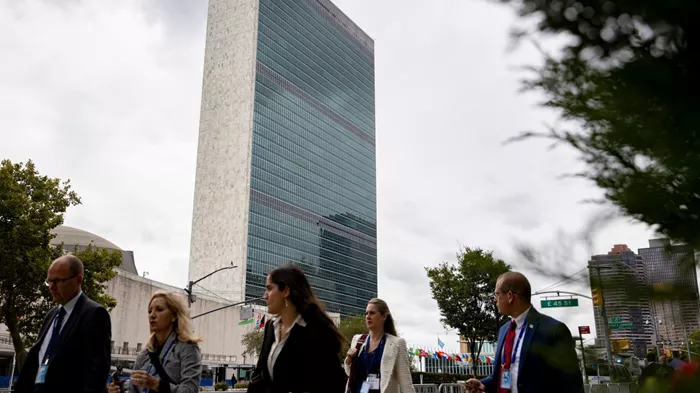Global investment has fallen to record lows in 2025, continuing a downward trend that started last year, according to the United Nations Conference on Trade and Development (UNCTAD). The UN agency attributes this decline to rising risks, slower economic growth, and growing uncertainty over global trade policies, especially tariffs.
UNCTAD’s World Investment Report 2025 reveals that foreign direct investment (FDI) has dropped sharply, with early data showing minimal deal-making and new project announcements in the first quarter of the year.
Richard Bolwijn, head of UNCTAD’s Investment Research Branch, said the mergers and acquisitions (M&A) market is now at levels last seen during the global financial crisis. He explained that while manufacturers had been diversifying supply chains away from China, tariff uncertainties have caused companies to pause new investments.
The report highlights a broad decline in investment indicators, including GDP growth, capital formation, exports, and investor confidence.
Projections from the IMF and World Bank have all worsened since early 2025, erasing earlier hopes for moderate growth. Bolwijn warned that even if trade tensions ease, the damage from the first half of the year will cause lasting delays in investment projects, with $100 to $200 billion worth of projects at risk globally.
Foreign direct investment fell for the second consecutive year in 2024, with developing countries experiencing mixed effects. Africa saw a record 75% increase in FDI, largely due to a major investment in Egypt, while China’s FDI continued to decline, dropping 29% last year and falling 40% from its peak two years ago.
South America’s FDI fell 18%, and India experienced a slight 2% decrease. Least developed countries saw a 9% rise in FDI, but infrastructure investment there, which is crucial, declined sharply due to financing uncertainties.
The report also warns of a troubling drop in investments aligned with sustainable development goals. Energy and gas supply investments fell 28%, and renewable energy project finance declined 16%. This decline comes at a critical time when increased investment in sustainable sectors is urgently needed.
On a positive note, investment in digital infrastructure and the semiconductor industry is growing rapidly, especially in the U.S. and India. However, these digital investments tend to be asset-light and may bring fewer direct financial benefits despite offering development opportunities.
UNCTAD’s findings paint a cautious picture for the global economy in 2025, emphasizing that tariff disputes and geopolitical tensions are driving higher risks, lower growth, and reduced investment worldwide.
Related topics:


